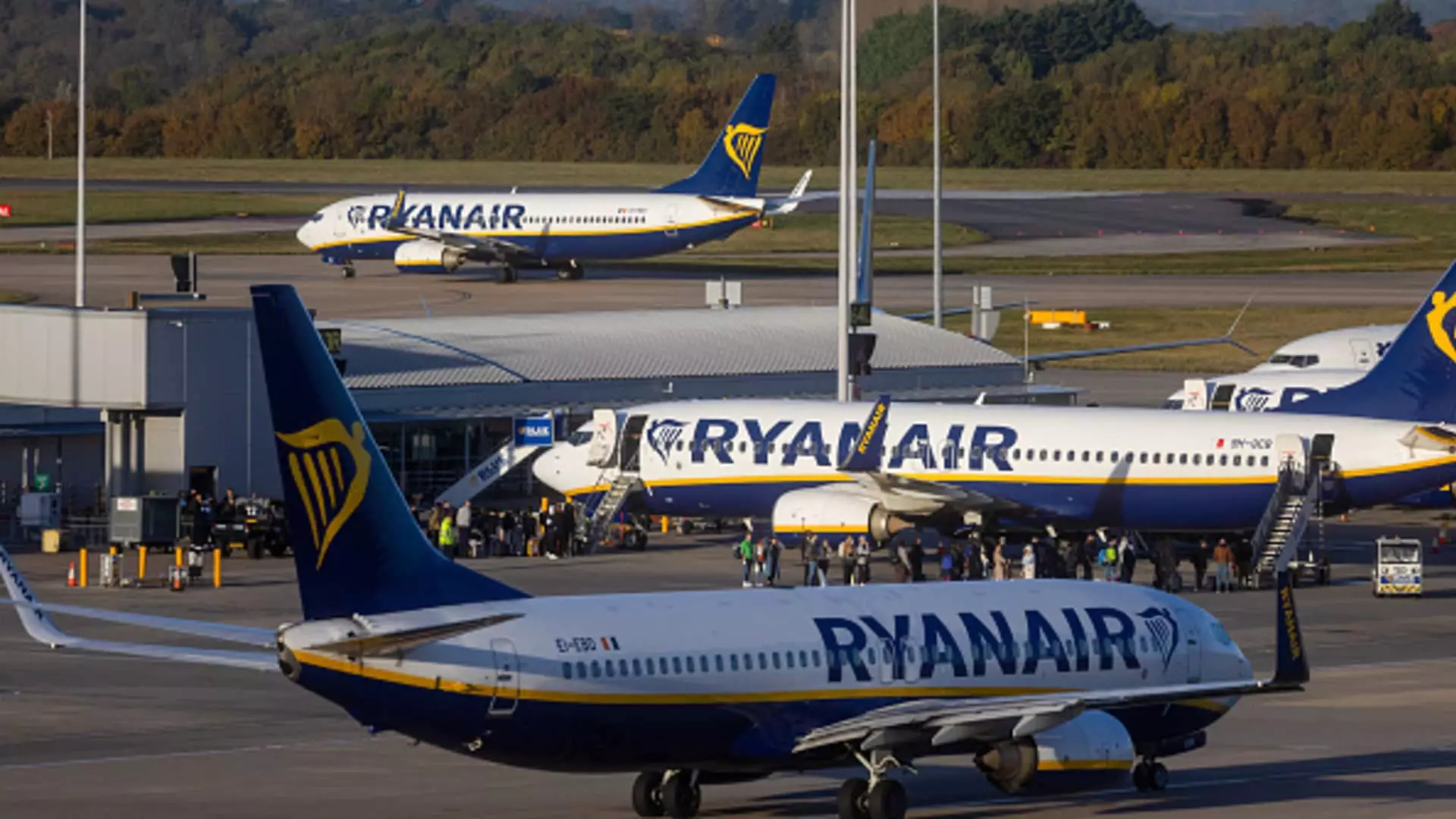Low-cost carrier Ryanair recently announced its best-ever annual profit, with a significant jump in profit after tax to 1.92 billion euros. This increase can be attributed to a rise in revenue and passenger numbers throughout the year. Despite the positive outcome, the company has expressed concerns about a weaker pricing environment in the current quarter. According to Chief Financial Officer Neil Sorahan, while the company has made efforts to improve its financial position, challenges related to pricing may impact future performance.
The airline’s revenue rose by 25% year-on-year to 13.44 billion euros, driven by a 23% increase in the number of passengers compared to pre-Covid levels. Higher traffic numbers and an uptick in fares have helped offset rising operating costs, which were up 24% year on year. Additionally, the airline’s jet fuel bill increased by 32%. Despite these challenges, Ryanair’s strong balance sheet has allowed it to implement a 700-million-euro share buyback program.
Following the announcement, Ryanair’s shares experienced a slight decline in mid-morning trade. Analysts at Deutsche Bank have highlighted concerns about softer pricing trends and the level of the buyback program. The market response reflects uncertainties surrounding the airline’s pricing strategy and its ability to maintain profitability in a challenging economic environment.
In an investor presentation, CEO Michael O’Leary acknowledged the impact of softer pricing on the company’s performance. He attributed this trend to a “recessionary feel” in Europe and weaker consumer sentiment. To address these challenges, O’Leary emphasized the importance of maintaining high load factors and adjusting fares accordingly to maximize capacity utilization. Despite the market dynamics, he remains confident in the company’s ability to navigate through these uncertainties.
Ryanair faces operational challenges such as delays in aircraft deliveries and grounding of Airbus planes due to engine issues. These factors have contributed to capacity constraints, which may impact the airline’s growth trajectory in the near term. Chief Financial Officer Neil Sorahan acknowledged the complexity of the current operating environment and emphasized the need for strategic adjustments to mitigate risks and leverage emerging opportunities.
Overall, Ryanair’s best-ever annual profit is a testament to its resilience and strategic foresight in navigating a volatile market landscape. While the company has demonstrated strong financial performance, concerns about pricing and operational challenges highlight the importance of continuous adaptation and innovation to sustain long-term success in the aviation industry.

Leave a Reply